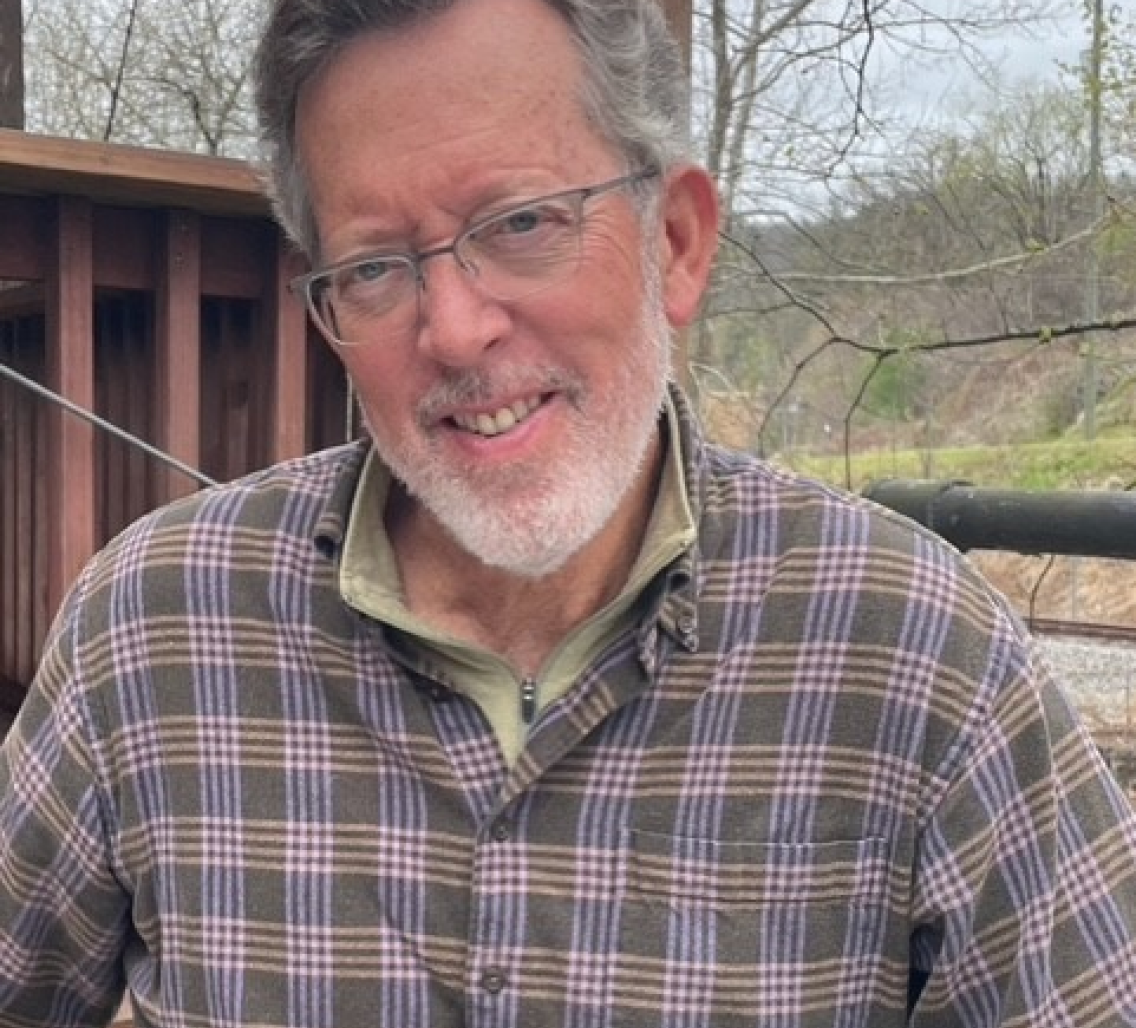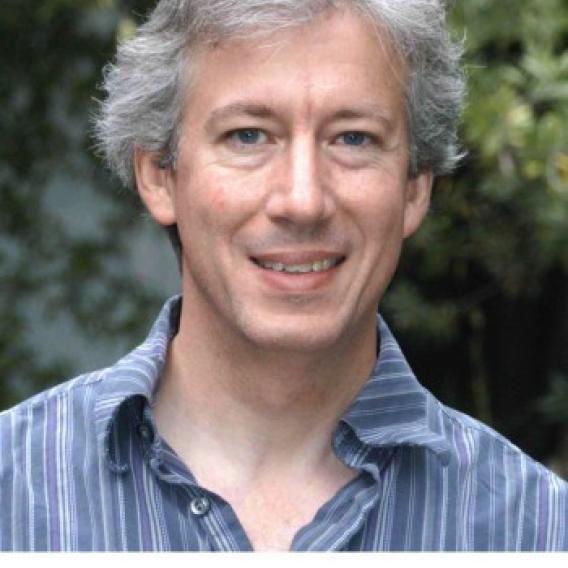Event Details:

This seminar will be held from 3:00 - 4:00 PM, rather than the usual noon time.
Please join us after the seminar for a reception.
A synaptic account of birdsong learning
Abstract
A juvenile songbird learns to sing by imitating the song of an adult tutor, providing a spectacular example of spontaneous, intrinsically motivated motor learning. Despite decades of effort, the neural mechanisms that guide juvenile song learning remain poorly understood. Recent experiments from our group show that endogenous dopamine signaling in a song-specialized part of the basal ganglia acts like a compass to point the juvenile towards its song learning outcome. Furthermore, we find that dopamine release in the basal ganglia is regulated not only by midbrain neurons classically associated with reinforcement learning but also by local cholinergic signaling driven in a top-down manner by cortical song premotor inputs. Notably, while both dopamine and acetylcholine signaling in the basal ganglia are necessary to learning, only the dopamine signal conveys instructive information about song quality. Finally, the highly convergent and multiplexed nature of corticostriatal input in the rodent basal ganglia has made it challenging to identify a synaptic locus of reinforcement learning. In contrast, the songbird basal ganglia receive just two cortical inputs, both of which are specialized for song. By using optogenetic methods to reversibly silence either of these inputs in the singing juvenile, we have begun to pinpoint a synaptic locus for song learning.
Richard Mooney, Ph.D.
Duke University School of Medicine
Richard Mooney is the Geller Professor of Neurobiology in the Department of Neurobiology in the Duke University School of Medicine. Motivated by a longstanding interest in neuroscience and music, he and his colleagues study the brain mechanisms that enable birdsong learning and, more generally, vocal communication. He obtained his BS in Biology from Yale University, his Ph.D. in Neurobiology from Caltech, and pursued postdoctoral training at Stanford University before joining the Duke faculty as an assistant professor in 1994. Dr. Mooney has received the Moore Visiting Fellowship at Caltech, Dart Foundation Scholar’s Award, McKnight Investigator Award, Sloane Research Fellowship, Klingenstein Research Fellowship, and the Helen Hay Whitney Fellowship. He was also honored to receive the Master Teaching Award, the Davison Teaching Award, and the Langford Prize from Duke University. He was elected to the American Academy of Arts and Sciences in 2020.
Hosted by - Stephen Baccus, J.D., Ph.D. (Baccus Lab)
Eric M. Shooter Lecture
Dr. Eric M. Shooter was an emeritus professor of neurobiology at Stanford University's School of Medicine, the inaugural chair of the Neurobiology department, and a valuable mentor to the community. Renowned globally for his contributions to neurobiology, Shooter's research focused on the structure and function of neurotrophins, essential proteins for the survival of nerve cells. His work could lead to nerve regeneration in individuals with spinal cord injuries and help combat neurodegenerative diseases. Despite his passing in 2018, his positive impact on the neurobiology field and the neuroscience community of Stanford continues on.
In 2007, the annual Shooter lecture, co-hosted by Wu Tsai Neurosciences Institute and Department of Neurobiology, was established to continue Shooter's legacy of nurturing Stanford's neurobiology community. Integrated into the Wu Tsai Neuro Seminar Series, these annual Shooter lectures particularly focus on neurobiology topics. This year marks the 17th Annual Shooter lecture.
About the Wu Tsai Neurosciences Seminar Series
The Wu Tsai Neurosciences Institute seminar series brings together the Stanford neuroscience community to discuss cutting-edge, cross-disciplinary brain research, from biochemistry to behavior and beyond.
Topics include new discoveries in fundamental neurobiology; advances in human and translational neuroscience; insights from computational and theoretical neuroscience; and the development of novel research technologies and neuro-engineering breakthroughs.
Unless otherwise noted, seminars are held Thursdays at 12:00 noon PT.
About the Wu Tsai Neuro Seminar Series Sign up to learn about all our upcoming events
